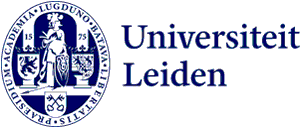
International Studies degree: a skillset to navigate the world
On Friday 29 August 2025, 370 students received their Bachelor's degree in International Studies. The diplomas were awarded in the historic setting of the Pieterskerk in Leiden. Family members, friends, and staff gathered to celebrate this joyous occasion with the graduates in a packed Pieterskerk.
Following the impressive entrance of the cortege of academic staff, accompanied by the graduates, the ceremony was officially opened by Professor Isabelle Duijvesteijn, Chair of the International Studies programme. She reflected on human nature, stating that people are not inherently competitive or predatory, but altruistic, cooperative, and filled with compassion for others. This, she said, offers hope for the future—a future the alumni are now ready to shape.
Next, Jeroen Touwen, Vice Dean of the Faculty of Humanities, welcomed the graduates and their families on behalf of the Faculty Board. He spoke of the major challenges facing the current generation of students in the coming decades, in a world marked by war and crisis. Each generation faces its own challenges and must find its own way to meet them. According to Touwen, students of International Studies possess a skillset that equips them to face the world.
Following these words of welcome, the diploma ceremony began for students specialising in the regions of Africa, East Asia, Europe, and Latin America.
Alumna speech
The next speaker was alumna and former member of the Programme Board, Ola Szczepanik, who delivered the annual alumni address. Ola highlighted two key takeaways from her time in the International Studies programme: skills and people. Regarding skills, she noted that while you may not immediately be able to apply your abilities as you wish after graduation, you can continue to grow and learn, eventually finding a place where your skills truly make a difference. However, more important than the skills acquired during your studies are the people you study with. You go through a formative period together, and the shared experiences are the most valuable of all.
The ceremony continued with the awarding of diplomas to students specialising in the regions of the Middle East, North America, Russia & Eurasia, and South and Southeast Asia.
-
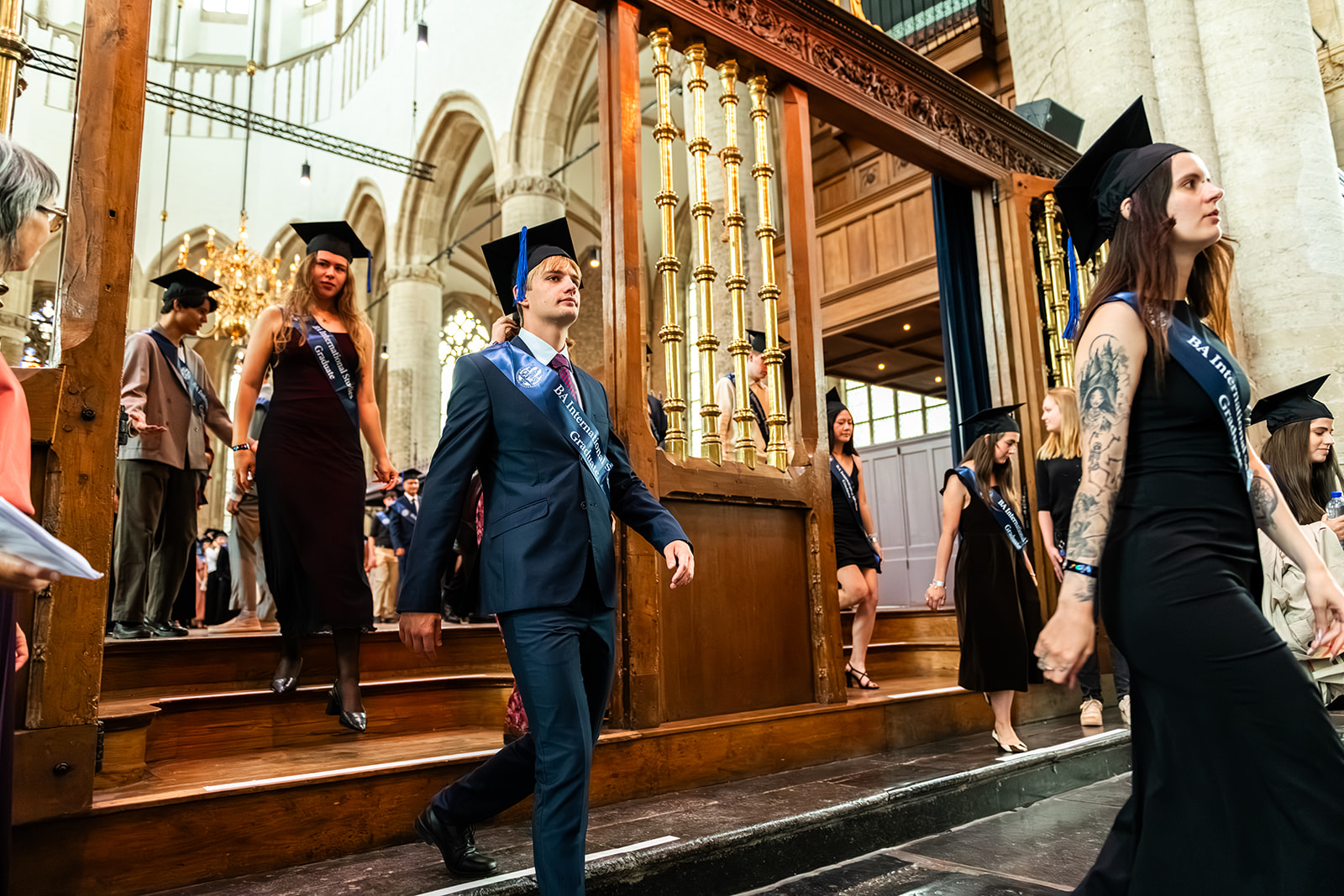
-
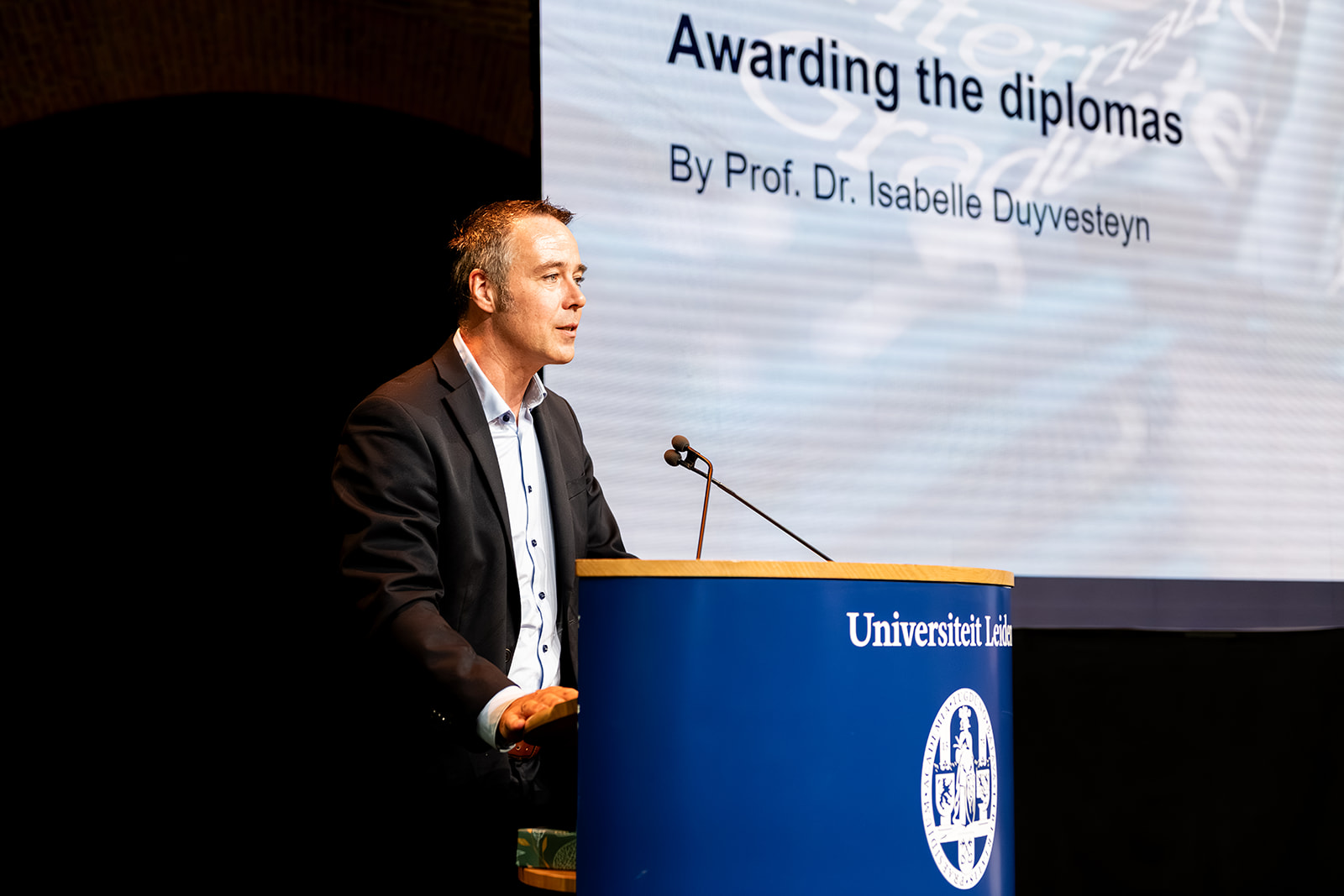
Programme manager and master of ceremonies Jaap Kamphuis -
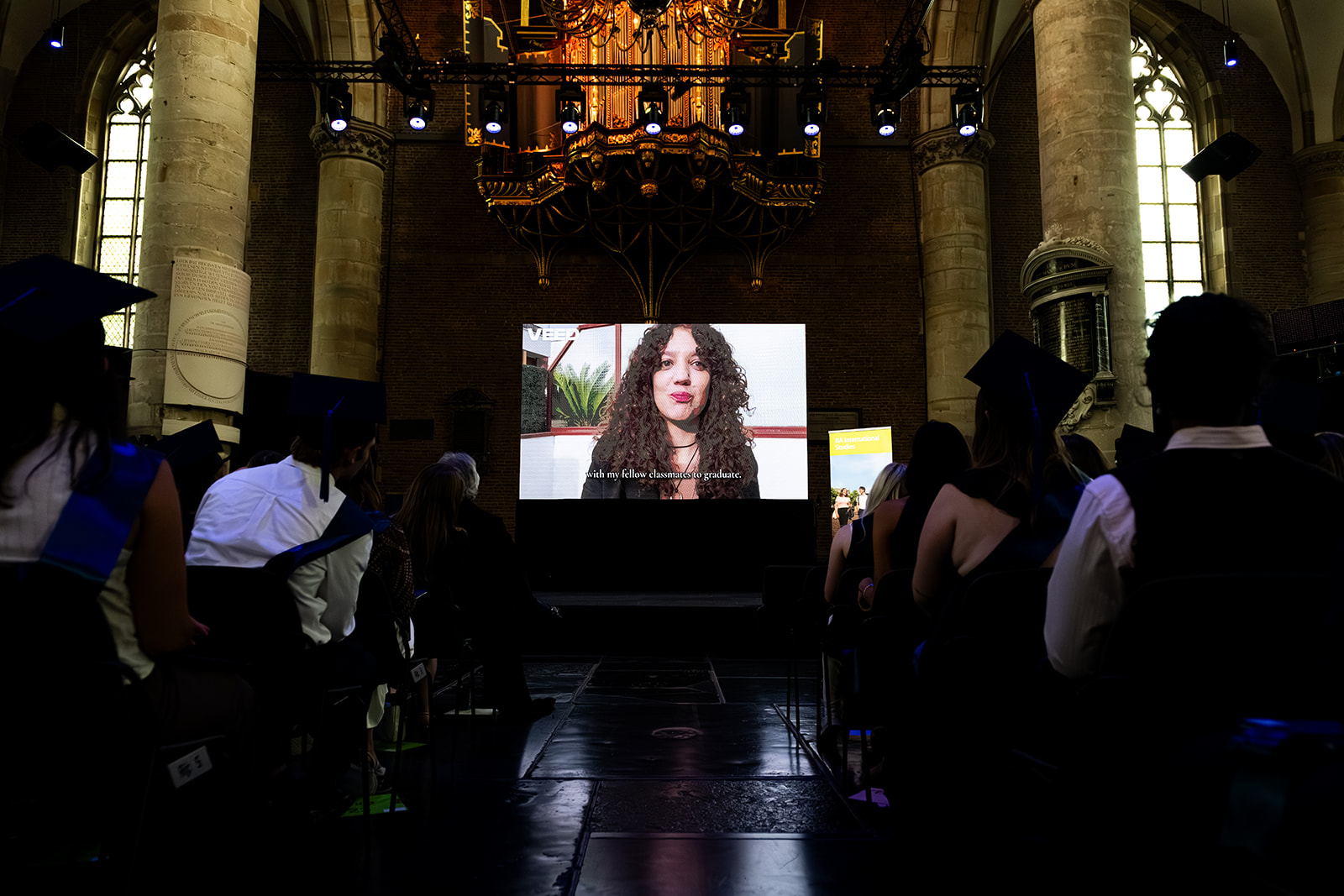
Roxane Oliver won the Golden Stork Award for best thesis. -
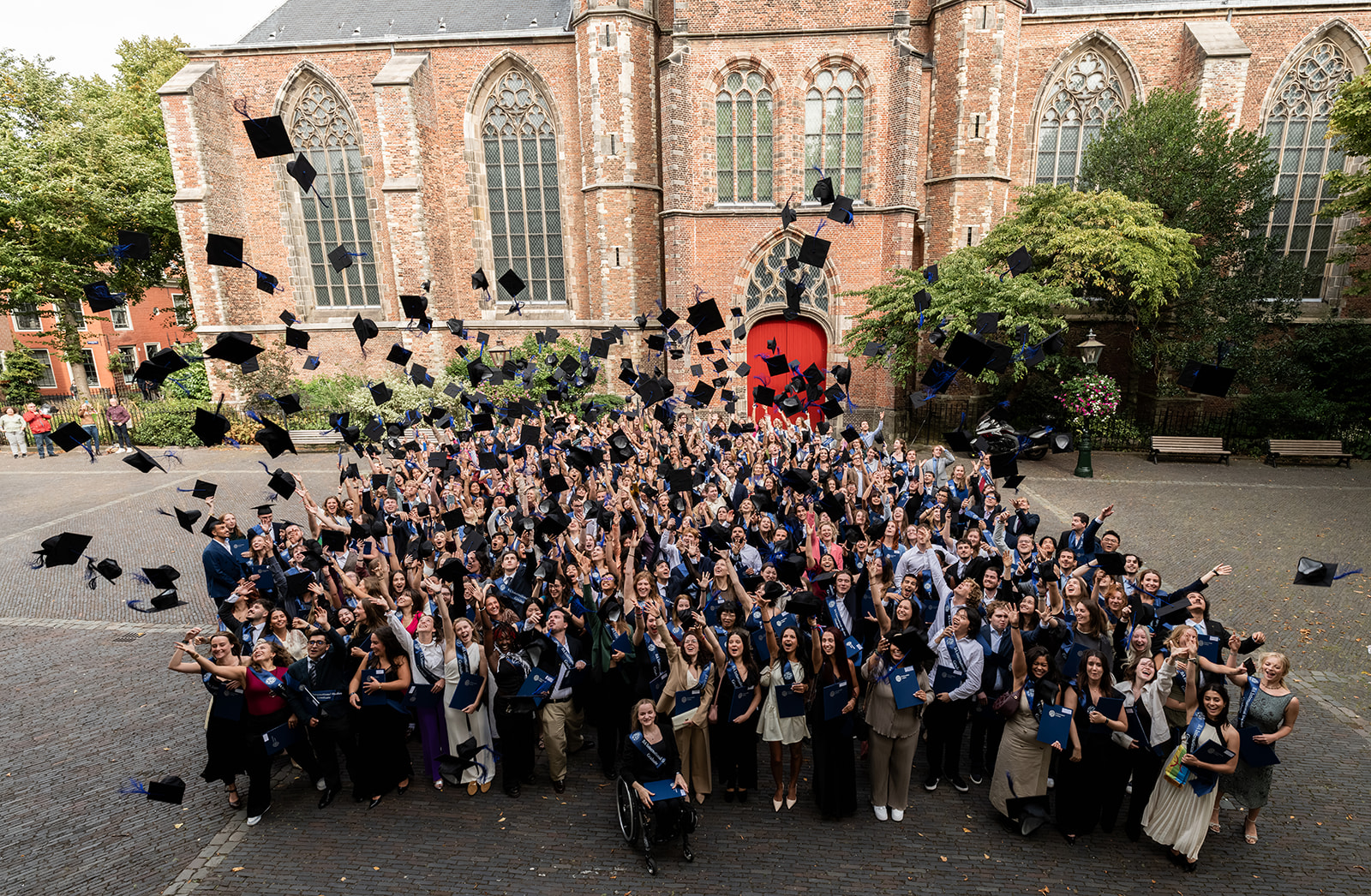
-
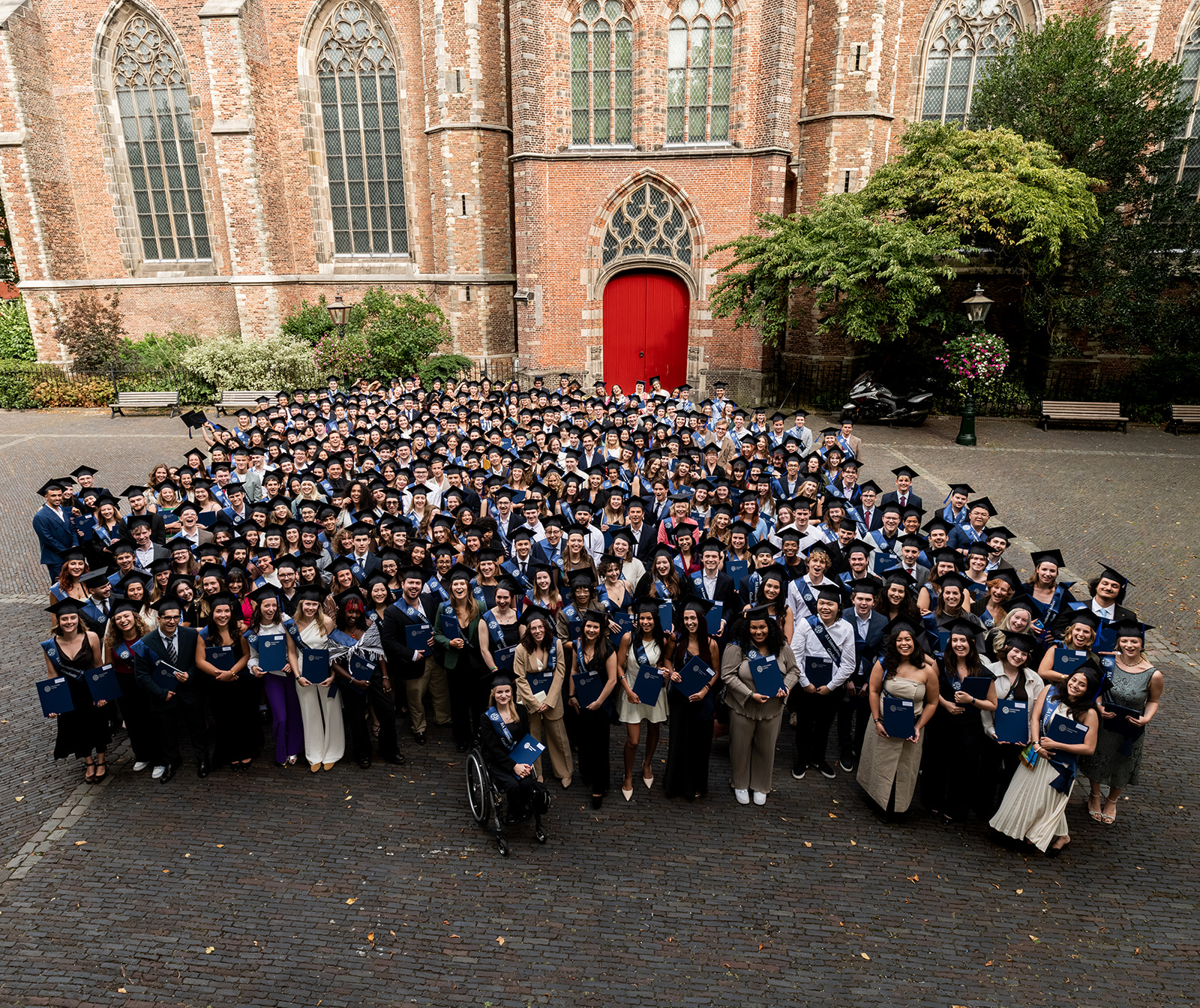
-
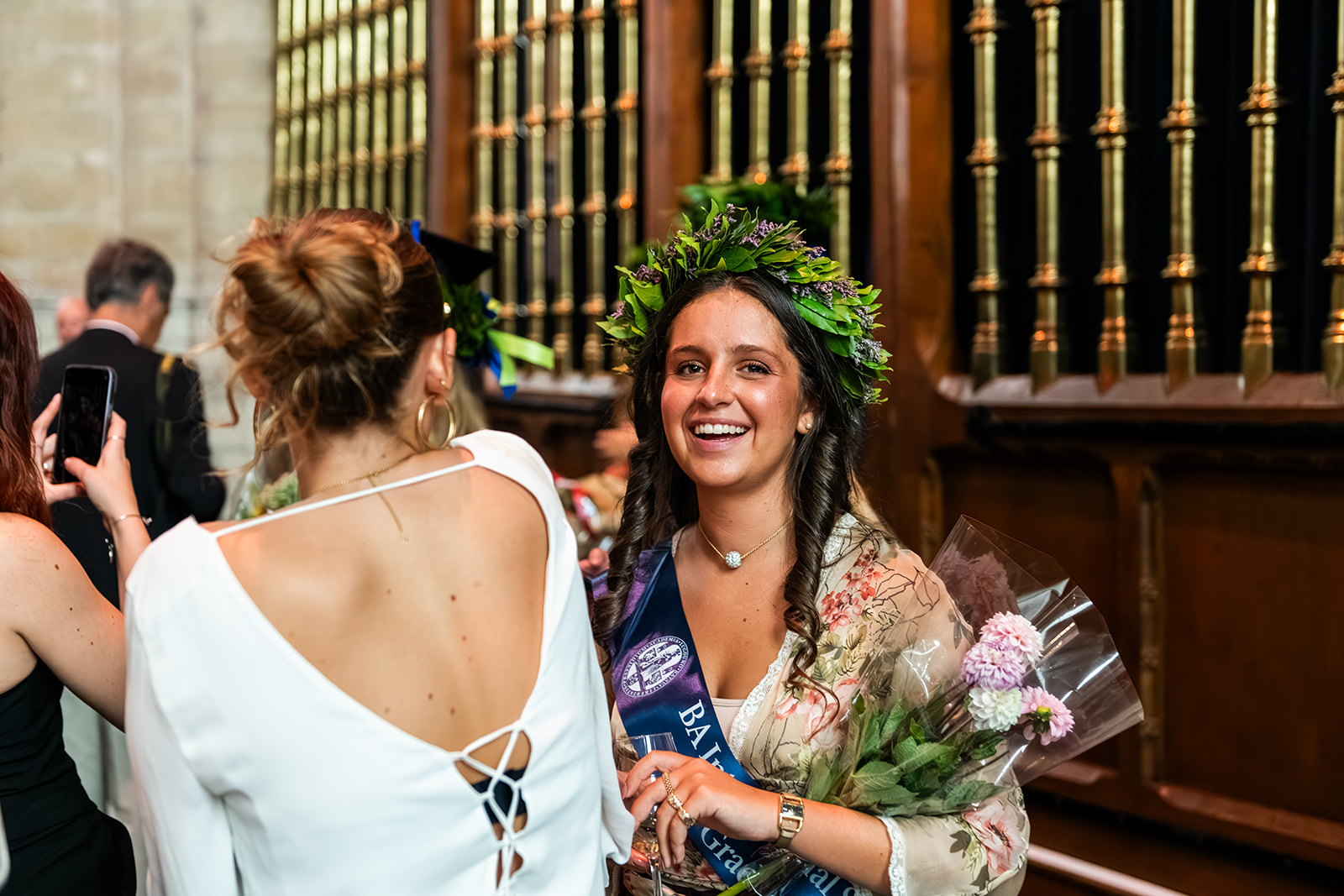
-
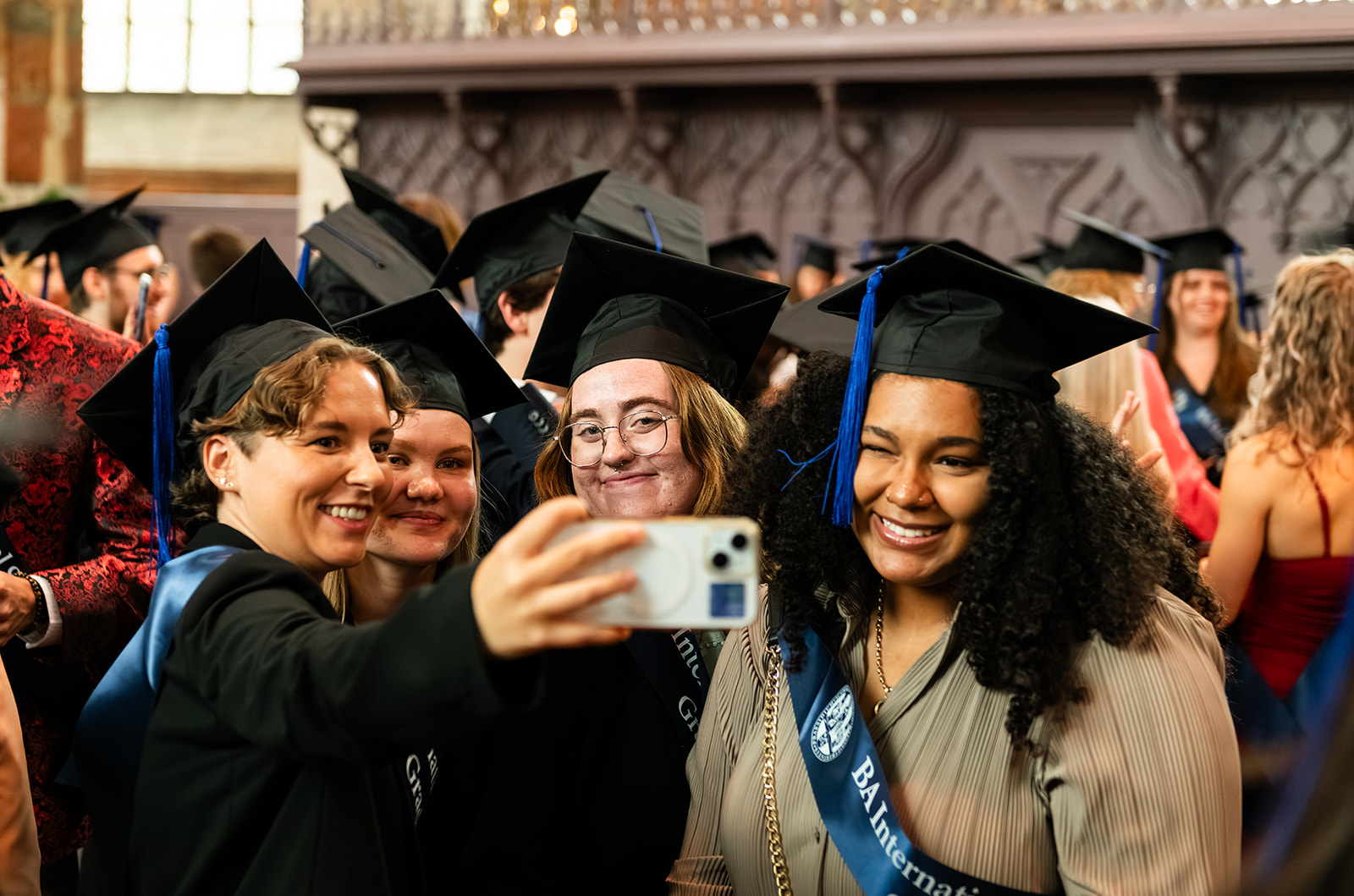
-

Best thesis award
Once all the graduates had received their diplomas, the Golden Stork Award for the best thesis was awarded to Roxane Oliver for her thesis ‘Viewers First’. The award was presented by Grace Rowicka, coordinator of the thesis seminars. She explained that the jury focused on how well nominees placed their local case studies within a dynamic global context, and on the multidisciplinary nature of their approach—two pillars of the academic identity of the International Studies programme. Roxane’s thesis examined how conservative online spaces responded to the declaration of martial law by Yoon Suk Yeol. She introduced an affective (rather than an ideological) approach to polarisation and combined this with a media analysis of local online spaces where these events were discussed. The result was a compelling interpretation of the reaction to the declaration of martial law, while also reflecting on how democratisation can come under pressure through the media.
Commencement speech
To conclude the ceremony, Dr Casper Wits, lecturer in International Studies for the East Asia region, addressed the guests.
In his speech, he looked back on the opening lecture he gave to this cohort three years ago, in which he encouraged students to view global issues through the eyes of countries, cultures, and people who are often overlooked. This message once again formed the central theme: dare to deviate from conventional paths and do not be constrained by societal expectations.
Referring to Ralph Waldo Emerson’s famous essay ‘Self-Reliance’, he emphasised the importance of independence and critical thinking. He also quoted Bertrand Russell, who once said: ‘Conformity means death.’
According to Casper Wits, International Studies offers more than knowledge; it is a toolbox that gives students the confidence to go against the grain and embrace new, unfamiliar perspectives.
The ceremony was then officially closed by master of ceremonies and programme manager Jaap Kamphuis, followed by the traditional group photo on the square in front of the Pieterskerk. Amid loud cheers, the graduation caps flew into the air! The celebrations continued informally with drinks.
